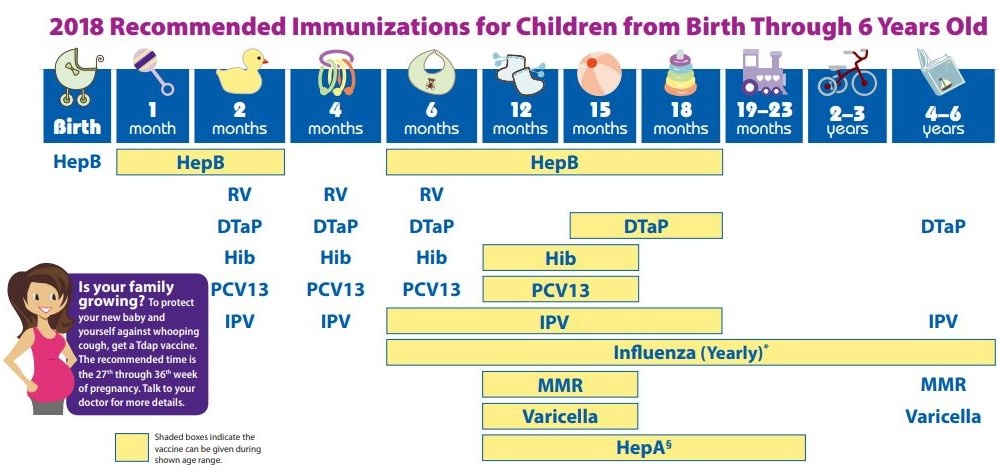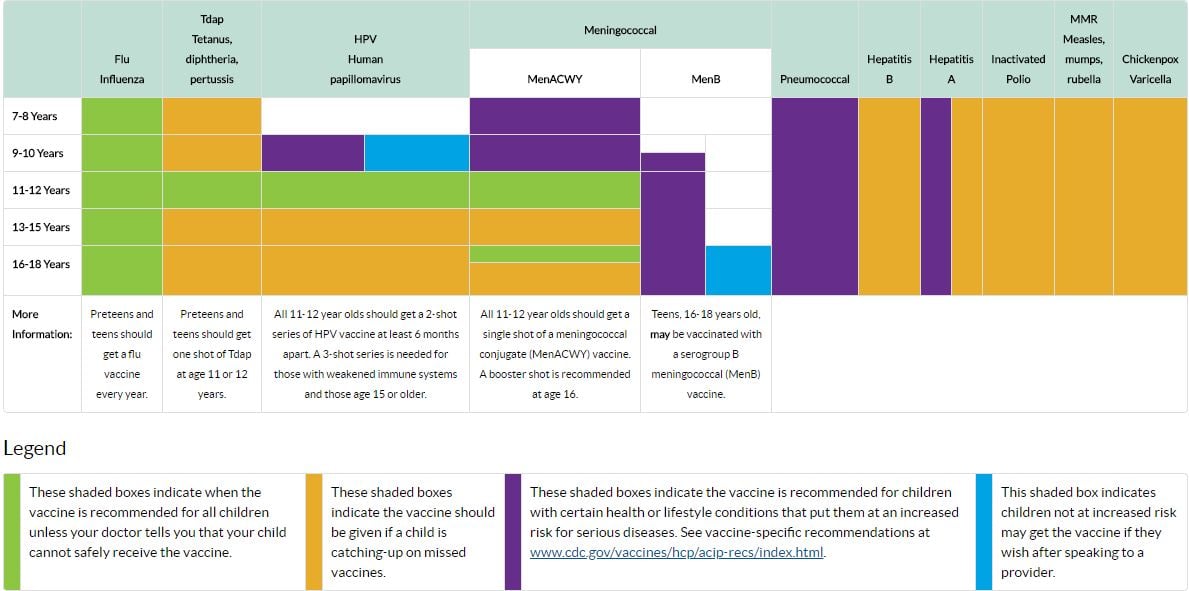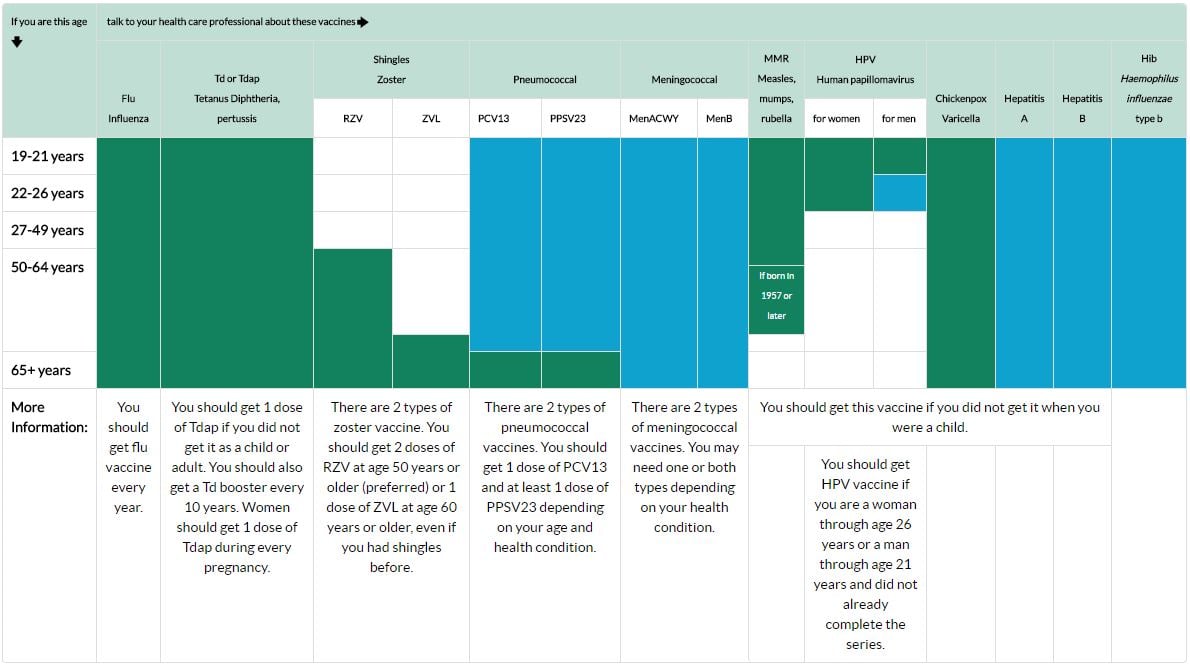 Immunizations represent one of the greatest public health accomplishments of the 20th century. Vaccines are the best way to prevent infectious disease. Being immunized is important for at least two reasons:
Immunizations represent one of the greatest public health accomplishments of the 20th century. Vaccines are the best way to prevent infectious disease. Being immunized is important for at least two reasons:
- To protect yourself
- To protect those around you
CHILDREN
Children can be protected against more diseases than ever before. Some diseases that once injured or killed thousands of children have been eliminated completely and others are close to being gone.
Immunizations not only keep children safe but also help keep those around them safe. However, not all children are eligible for immunizations due to age, immune deficiencies, or allergies. It is important for those who are eligible to get fully immunized to help keep those who can’t safe.
Concerns Regarding The Safety Of Vaccination
Proponents say that vaccination is safe and one of the greatest health developments of the 20th century. They point out that illnesses, including rubella, diphtheria, smallpox, polio, and whooping cough, are now prevented by vaccination and millions of children’s lives are saved. They contend adverse reactions to vaccines are extremely rare.
Opponents say that children’s immune systems can deal with most infections naturally, and that injecting questionable vaccine ingredients into a child may cause side effects, including seizures, paralysis, and death. They contend that numerous studies prove that vaccines may trigger problems like autism, ADHD, and diabetes.
View Full Immunization Schedule For Children

Courtesy of CDC
Pre-teen/Teen
View Full Immunization Schedule For Pre-teen/Teen

Courtesy of CDC
ADULTS
You never outgrow the need for vaccines. As an adult, specific recommended vaccinations are determined by factors such as age, lifestyle, health and risk conditions, type and locations of travel, and previous immunizations. Adults who smoke or have chronic health conditions such as asthma, diabetes, heart or lung disease, or weakened immune systems, are more likely to develop complications from certain vaccine-preventable diseases. These complications can include long-term illness, hospitalization, and even death.
View Full Immunization Schedule For Adults

Courtesy of CDC
LONG-TERM EFFECTS OF IMMUNIZATION
Vaccines have reduced and, in some cases, eliminated many diseases that killed or severely disabled people just a few generations before. A prime example is the eradication of smallpox. Children today no longer receive a smallpox vaccination because the disease no longer exists. By vaccinating , it’s possible to eradicate others.




